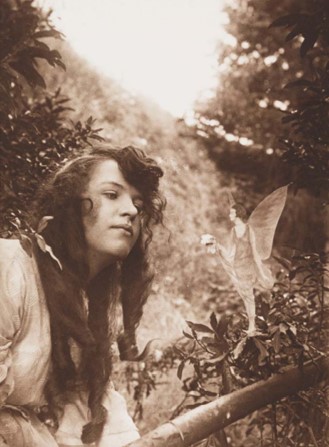
Talking of the auteur?
In the final assignment of the Film Culture course the student is asked to consider the influence of an individual director within the context of a cinematic movement. From time to time an audience can find itself well blessed with works from number of hugely influential and talented auteurs and 2016 has been no exception. I want to consider two directors whose work has resulted me in spending many emotional hours in darkness amongst the company of strangers.
The first of these for whom 2016 is significant is Ken Loach whose latest film, Palme d’Or winner I, Daniel Blake will be released in the UK on 21 October. Loach started directing for television in the mid-sixties, but it was his first film Poor Cow, made nearly fifty years ago in 1967, that marked the start of an extraordinary career as a film auteur. His life is explored in the most candid and compelling way in a film biography, Versus – The Life and Films of Ken Loach directed by Louise Osmond which had a cinema release in early June and was aired on the BBC at the end of July. If there is a genre of British Socialist Realism then Loach is its master and leader.
His extraordinary oeuvre, controversial, hugely influential and, for the most part, wonderful cinema, warrants study by the student of film culture, especially within the context of the social and cultural influences of British cinema. Like his fellow British auteur Mike Lee, Loach has certainly been more appreciated by European audiences than British ones over the years. Two Palme d’Ors (the first was for The Wind That Shakes the Barley in 2006) is probably evidence enough as well as numerous other Cannes awards over the years and also at the Berlinale. He has been recognised by BAFTA for his contribution to British cinema, but with just a handful of nominations and no wins one wonders what that has to say about BAFTA members’ view of his work?
The Film Culture course explores too the role of women in cinema and the creation of the female star. Highly relevant to this is the second director and great modern auteur to have made a mark yet again this year, Pedro Almadóvar with his 20th movie, the recently released Julieta. Almadóvar films are all about women and in the case of Julieta he dedicates the film to actresses including his mother – who appeared as a cameo in his 1993 film Kika – and to three great stars of Hollywood’s Golden Age; Bette Davis, Romy Schneider and Gena Rowlands. He further adds the dedication, “To all actresses who have played actresses, to all women who act, to men who act and become women, to all the people who want to be mothers.”
If one reflects upon Almadóvar’s oeuvre, this comment pretty much sums up all the characters we find in his movies! Above all to see an Almadóvar movie is to see great Spanish actresses performing brilliantly. The one who has been with him for the last thirty since her first appearance in his Laws of Desire (1987), Rossy de Palma and again stars in Julieta probably should stand alongside the three American screen sirens of his dedication as one of the world’s great movie stars.
Please don’t miss any of these two great Auteurs’ work.





